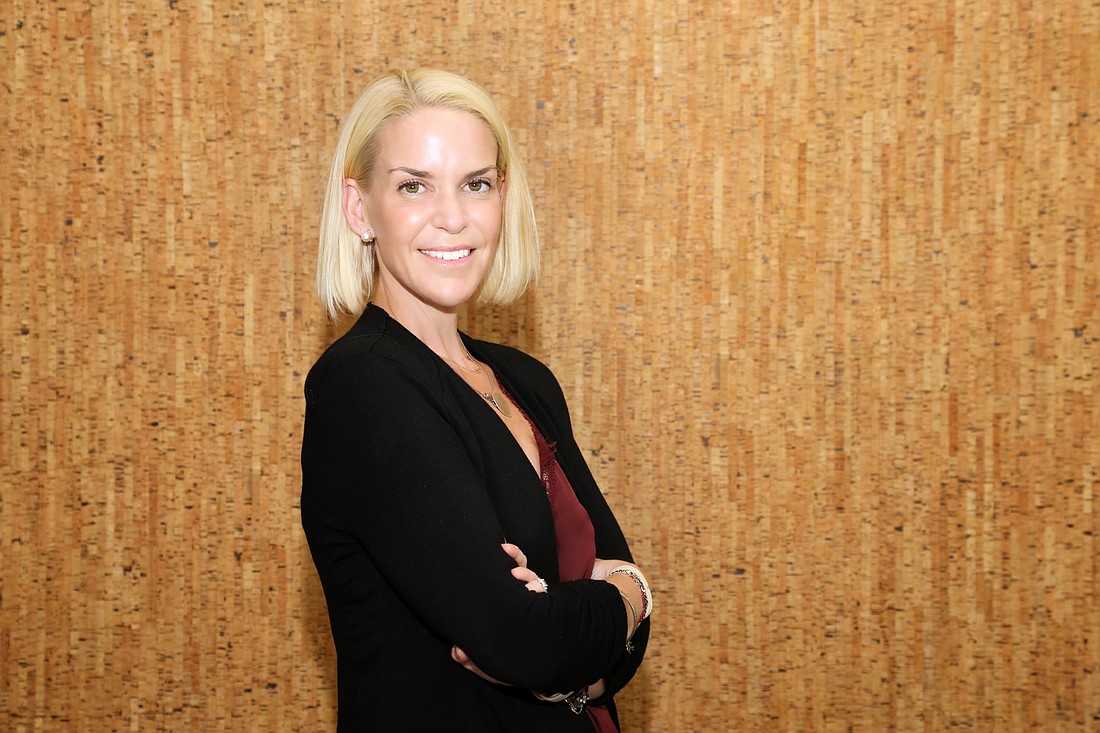- December 15, 2025
-
-
Loading

Loading

Elizabeth Dosoretz has seen the importance of mental-health treatment firsthand. While practicing as a licensed clinical social worker in New York, she had her first child and wound up suffering from postpartum depression. Over the course of her recovery, she decided to move back to her native Fort Myers.
When she was ready to return to work, she set up an office in Southwest Florida. She wanted to take all insurances, including Medicaid and Medicare, to ensure patients received the mental-health assistance they needed. But she learned that referring patients out for other services would be difficult, since most other providers weren’t taking the same approach. (Many mental health providers shun government-backed insurance providers, due to confusing, and often decreasing, reimbursement rates.)